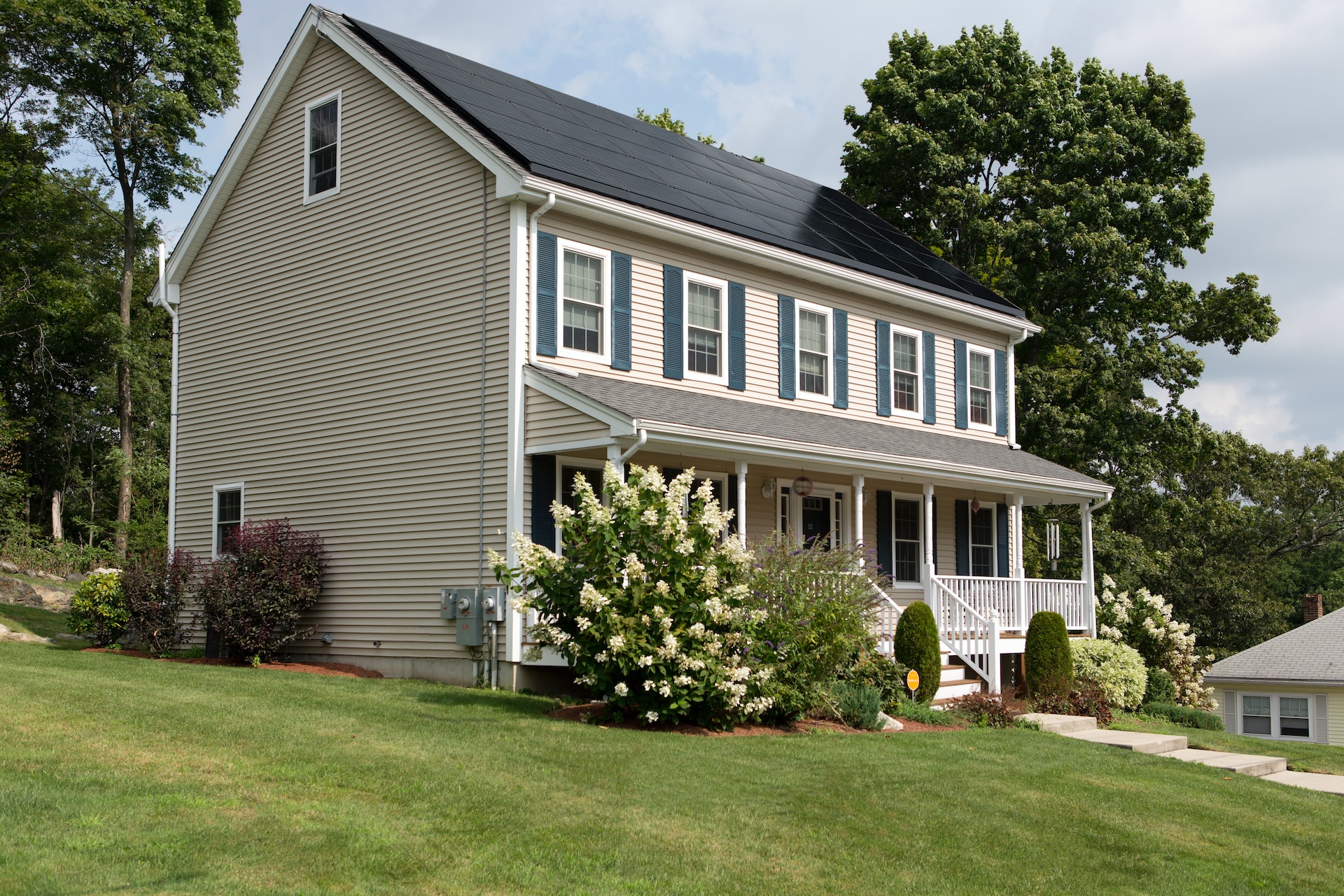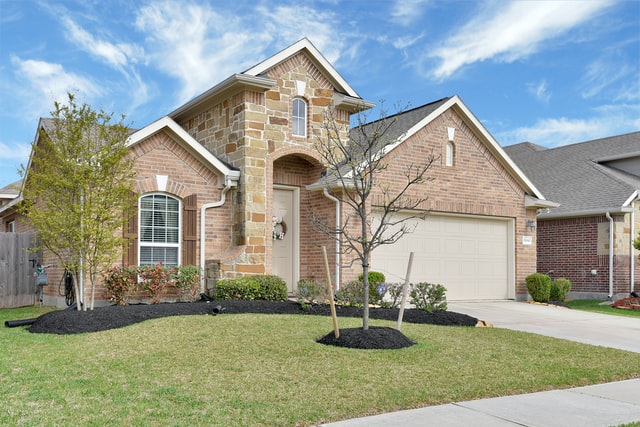Whether it’s a tornado, hurricane, fire, explosion, lightning strike, or volcanic eruption, one of the most pressing questions homeowners ask is, “Does home insurance cover natural disasters?“ Explore the coverage options for natural disasters to ensure that your home and personal belongings are protected in the event of an unforeseen catastrophe. This article dives into the specifics of home insurance and natural disasters, helping you navigate the complexities of your policy to ensure you are adequately protected.
What is Home Insurance?
Home insurance is a type of property insurance that covers a private residence. It provides financial protection against various perils, including theft, fire, and certain natural disasters. A standard home insurance policy typically covers the structure of your home, your personal belongings, liability for injuries on your property, and additional living expenses if your home becomes uninhabitable due to a covered loss.
Natural Disasters: What Are They?
Natural disasters are catastrophic events caused by natural processes of the Earth. These include:
- Earthquakes
- Floods
- Hurricanes
- Tornadoes
- Wildfires
- Landslides
- Volcanic eruptions
Each natural disaster poses unique risks to homeowners and requires specific coverage considerations.
Does Home Insurance Cover Natural Disasters?
The coverage of natural disasters under home insurance varies depending on the type of disaster and the specifics of your policy. Here’s a detailed look at how different natural disasters are typically covered:
Earthquakes
Standard home insurance policies do not cover earthquake damage. You must purchase a separate earthquake insurance policy to protect your home from earthquakes. This coverage can help pay for home repairs, personal belongings replacement, and additional living expenses if you need to live elsewhere while your home is being repaired.
Floods
Flood damage is also not covered by standard home insurance policies. Homeowners must purchase flood insurance separately through the National Flood Insurance Program (NFIP) or from private insurers. Flood insurance covers direct physical losses caused by flooding, including structural damage and damage to personal property.
Hurricanes and Tornadoes
Standard home insurance policies typically cover wind damage from hurricanes and tornadoes. However, insurers might exclude windstorm coverage in high-risk areas or require a separate windstorm insurance policy. Review your policy and understand what is included and excluded.
Wildfires
Wildfire damage is generally covered under standard home insurance policies. This coverage includes the cost of repairing or rebuilding your home, replacing personal belongings, and additional living expenses if you need to relocate temporarily.
Landslides
Landslide damage is not usually covered by standard home insurance policies. Instead, you must purchase a separate policy or endorsement for landslide or earth movement coverage. This coverage can help pay for repairs to your home and property if they are damaged by a landslide.
Volcanic Eruptions
Damage from volcanic eruptions is typically covered under standard home insurance policies, including damage from ash, lava flow, and shockwaves. However, coverage might vary, and it’s important to check the specifics of your policy.
Understanding Policy Endorsements
While standard home insurance policies cover many types of natural disasters, they often have exclusions for certain high-risk events. To ensure comprehensive protection, homeowners may need to purchase additional endorsements or separate policies. Here are some common endorsements and additional coverages to consider:
Earthquake Endorsement
An earthquake endorsement adds earthquake coverage to your standard home insurance policy. This endorsement can help cover the cost of repairs, personal property replacement, and additional living expenses after an earthquake.
Flood Insurance
Flood insurance is available through the NFIP and private insurers. It covers direct physical losses caused by flooding, including structural damage and personal property loss.
Windstorm Insurance
In areas prone to hurricanes and tornadoes, insurers might exclude windstorm coverage from standard policies. Homeowners can purchase separate windstorm insurance to cover damage from high winds and wind-driven rain.
Extended Replacement Cost
Extended replacement cost coverage can help cover the cost of rebuilding your home if the cost exceeds your policy limits due to increased construction costs after a widespread disaster.
Building Code Upgrade
Building code upgrade coverage, also known as ordinance or law coverage, can help pay for the cost of bringing your home up to current building codes during repairs or rebuilding after a covered loss.
How to Ensure Adequate Home Insurance Coverage
To ensure your home is adequately covered against natural disasters, follow these steps:
1. Review Your Policy
Carefully review your home insurance policy to understand what is covered and what is excluded. Look for specific language regarding natural disasters and assess your risk based on your location.
2. Assess Your Risk
Evaluate the natural disasters most likely to occur in your area. For example, hurricane and flood insurance should be top of mind if you live in a coastal region. If you live in an earthquake-prone area, consider purchasing earthquake insurance.
3. Consider Additional Coverage
Based on your risk assessment, consider purchasing additional endorsements or separate policies to cover natural disasters not included in your standard policy.
4. Keep an Inventory
Maintain an up-to-date inventory of your personal belongings. This inventory can help expedite the claims process and ensure you receive adequate compensation for damaged or destroyed items.
5. Consult an Insurance Agent
Work with an insurance agent to tailor your coverage to your specific needs. An agent can help you understand your policy, identify gaps in coverage, and recommend additional endorsements or policies.
Understanding your home insurance coverage is the best way to protect your home and belongings from natural disasters. While standard home insurance policies cover many perils, they often exclude high-risk events like earthquakes, floods, and landslides. By reviewing your policy, assessing your risk, and considering additional coverage, you can ensure comprehensive protection against natural disasters.




